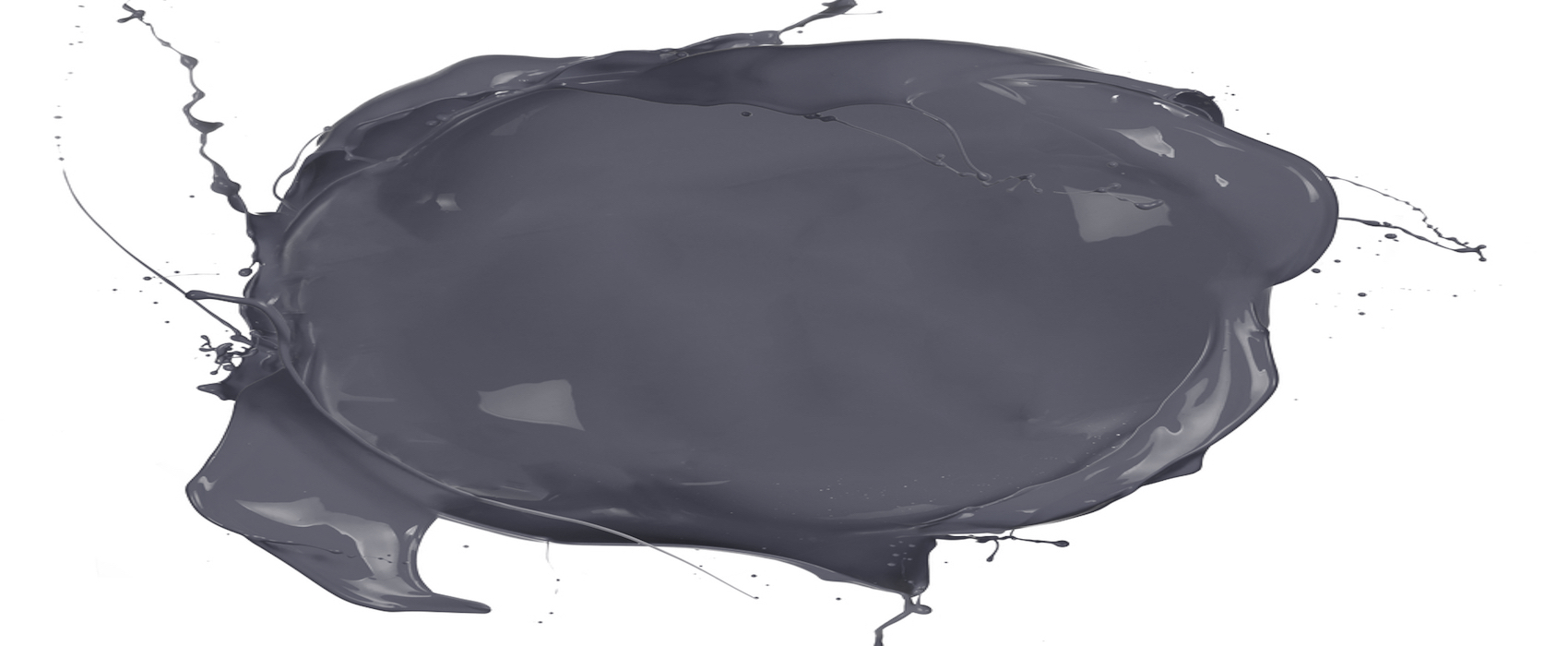If I had to name one experience that shaped me as a child, I think it would be the incident of the bear and the blue paint. I wasn’t much older than five in the early days of reception class, and we were given cut out animals to paint for a wall display of some kind. I don’t remember much more about the exercise, but I do remember the blue paint. It was deep and inky, a fibrous, textured, glistening blue that seemed to draw me further and further in to its changing layers. How could there be so much colour in one dollop of blue paint?
I picked up my brush and felt the rich squelch on the bristles, watching how the colour wrapped itself around them. Moving the brush towards the bear, I began to paint it, watching how the colour moved onto the rough texture of the paper, how it seemed to flatten and stretch itself out. The next memory is of flashing colour moving towards me, the beautiful jewelled colours of the sari my teacher wore. I don’t remember the words she shouted exactly, but I do remember knowing in that moment that I had made a serious mistake. Didn’t I know that bears were brown? If my bear ever made it onto the wall display I don’t know, but walking with it on the way home it felt like I could see all of my wrongness in the smudge of blue that I had been told to go over with brown paint. Quite why I later decided to stick the bear on my wall I don’t know, but I would often lie in bed and fix my eyes on the blue patch under the brown as if it held some secret I couldn’t quite grasp.
I wish I had had enough about me to fight off the shame I felt when I looked at that covered-over blue smudge, but it’s difficult when you are little not to land all the wrongness in yourself. What I regret most is how much energy I spent trying to learn to get by in a world where bears were brown and painting them blue was silly. Still, when I think about the books I read that my rollie-smoking Nan passed on to me, stories about Joan of Arc, the resistance fighter Violette Szabo, and the political activist Angela Davis, I like to think I was squirrelling away supplies for later on in life.
More and more I’ve been thinking how important the imagination is if we are going to change, particularly at a time when so much of what has gone before seems so broken. Micah White, arguing that revolution needs to take place in the mind, writes
As activists of the future, the ground of our struggle is humanity’s mental environment – our collective unconscious, the shared pool of myths, dreams and desires that shape how the world manifests. The future of protest begins with the realisation that the external world is a reflection of our interior world. What we see is a mirror of ourselves. Our communal reality is constructed through our shared culture.
White argues that consumer culture blocks our vision, that “every time we experience a commercial interjection, a fatal lie lodges in our world view”. He also says that he thinks that women will be at the forefront of change. But if we are going to turn our thoughts towards envisioning different ways of living and being, there are many layers of thinking that have been imposed on us – about who we are and what we can do, about the way things are and the way things should be, that will have to be stripped away. After all, bears don’t have to be brown.
